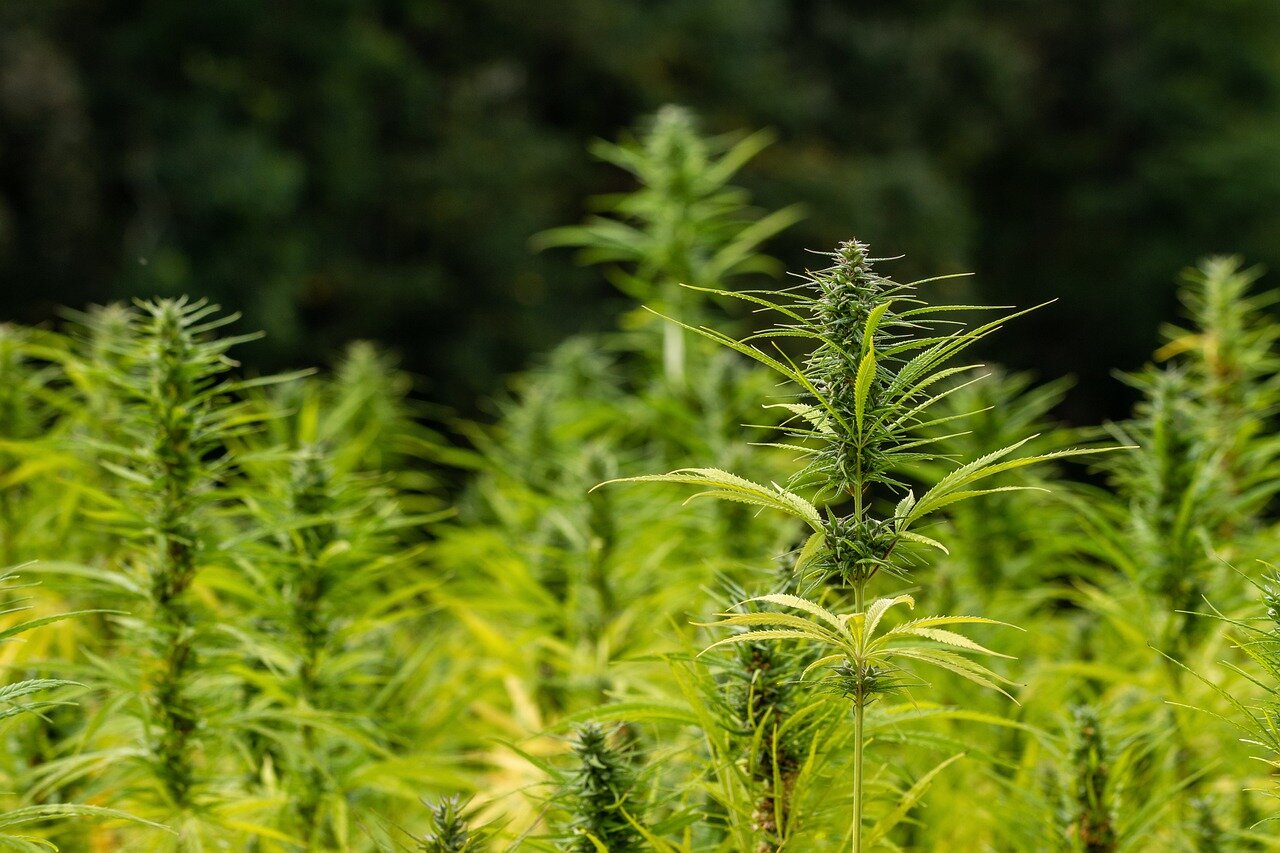When the United States banned the growth and use of hemp during the War on Drugs, industrial hemp was no longer an option for producing goods such as clothing, paper or other products. The act of prohibiting industrial hemp led to society finding other, accepted ways of producing goods, many of which are more detrimental to the environment. A few of the impacts of banning industrial hemp and benefits of reintroducing hemp with the 2014 and 2018 Federal Farm Bills are explored below.
1. Choosing harmful practices impacts the environment which impacts society.
Inefficient environmental practices are not just harmful for the environment but are detrimental to society as a whole. Since hemp was prohibited in the United States, production turned to trees for paper and wood, leading to deforestation and harmful production practices that are widely accepted and even demanded. The entire society must pay for these inefficient methods regardless of if they agree with them or actively implement them. Many people may not support the environmental or societal impact of processing and producing trees and tree-based products, but the methods are legal and accepted, and with a lack of alternative options, the easiest path forward.
Deforestation is widely accepted, yet much more detrimental to the environment than growing and harvesting industrial hemp.
2. Misunderstanding hemp led to legal yet environmentally detrimental practices.
Hemp, a once widely misunderstood crop, has an incredibly low environmental impact. However, because of its misunderstood nature and subsequent ban, communities have turned to producing crops and materials that are harmful to the environment because they are unambiguous in nature. An article in Sage Journals titled “The Wood for the Paper: Old-Growth Forest, Hemp and Environmental Harm” asks the important question of “why is it lawful to engage in an activity which is ecologically harmful . . . and, conversely, why it is illegal to engage in an activity which is ecologically benign.” Clearing trees for wood and paper products is understood and allowed, yet harmful to the environment. Hemp, though misunderstood until recently, is an alternative crop that can be used to produce wood and paper products and does not harm the environment.
Processing paper requires toxic chemicals, yet is widely produced and accepted in society. Industrial hemp processing does not require these harmful chemicals.
3. Processing hemp is non-toxic, and hemp products are durable and biodegradable.
Compared to many manufactured products, hemp requires much less in terms of energy to manufacture. Not only does it use less energy, but it does not require the toxic additives that manufacturing other products require. Better for environmental and human health, it also compares equally to the performance of these products. It is durable, light-weight and strong. At the end of the product’s life, it is much easier to discard of the hemp-based product as it can biodegrade or be recycled.
4. Growing hemp requires little to no pesticides.
Industrial hemp is naturally repellent to pests and weeds, much more so than other crops like cotton. To successfully grow cotton, pesticides must be used. According to the chapter titled “Environmental Costs of Hemp Substitutes” in the book “Illegally Green: Environmental Costs of Hemp Prohibition,” a researcher “has estimated environmental and societal damages as a result of pesticide use in the United States at a value of $9.6 billion annually.” Choosing to grow and process hemp is a much more environmentally friendly option than choosing cotton; along with cotton comes pesticides, chemicals and environmental damages.
Hemp sequesters carbon from the atmosphere, cleansing the environment it is grown in. Producing and processing hemp is better for the environment and less harmful to societies.
5. Hemp is a cleaner option at each life cycle stage.
Hemp paper, compared to traditional paper from trees, has a better balance of cellulose to lignin. When creating paper from trees, there is substantial chemical and energy use to move the product from tree form to paper form. Industrial hemp removes the necessity for chemicals, and producing hemp paper also requires less energy. Similarly, hemp sequesters carbon from the atmosphere, meaning it cleanses the air of harmful greenhouse gases in the growing stage. Hemp cleans the air as it grows and requires less energy and chemicals to process, making it a superior option to other methods of growing crops and processing goods.
Since the legalization of industrial hemp, the doors to many cleaner, greener and environmentally friendly options have opened. Better for the environment means better for societies, and cleaner processing means less toxic chemicals being exposed to people and communities. Industrial hemp has potential to replace products in many industries and is a better option for the environment.
References:




